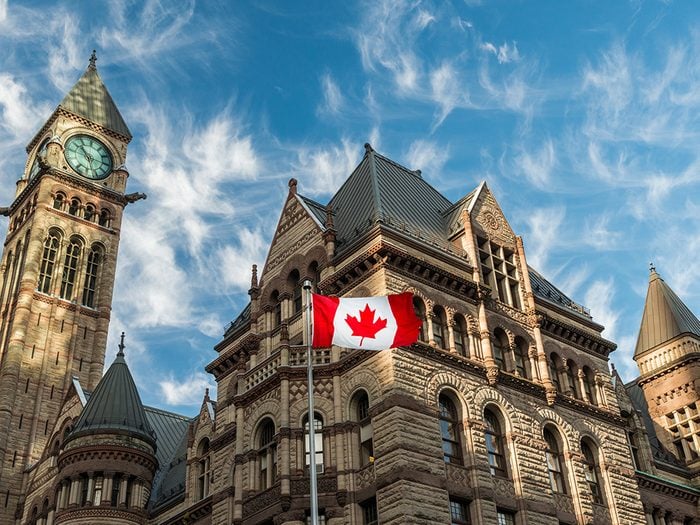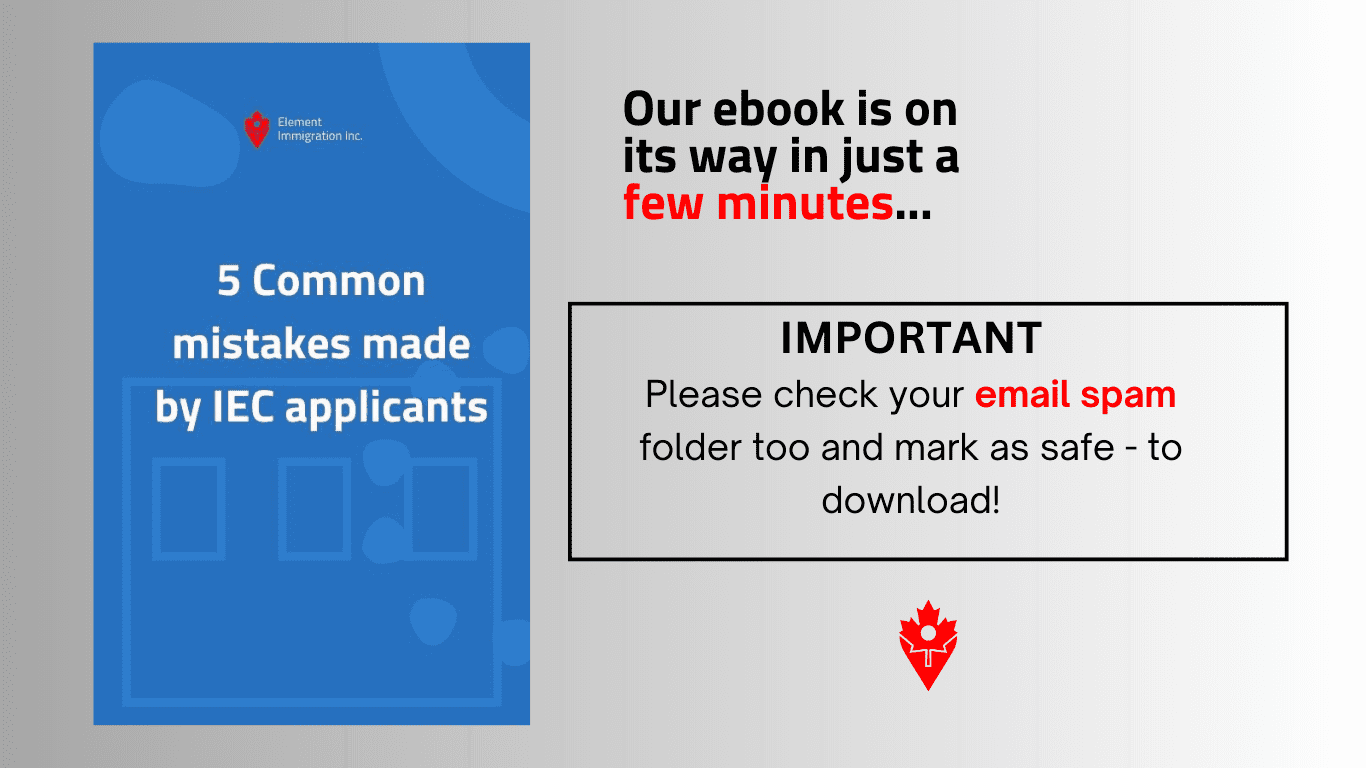Navigating
Immigration Routes: Express Entry vs. Provincial Nominee Programs (PNP)

In the complex landscape of immigration, prospective immigrants often find themselves at a crossroads, wondering which pathway will lead them to a successful and fulfilling life in a new country. This blog post aims to demystify the choice between Express Entry and Provincial Nominee Programs (PNP), providing valuable insights to help individuals make informed decisions.
Express Entry vs. Provincial Nominee Programs: Understanding the Basics
When embarking on the journey to a new life in Canada, understanding the nuances of immigration programs is crucial. Express Entry and Provincial Nominee Programs stand out as two primary pathways, each with its unique features and advantages. Let’s delve into the specifics to help you navigate this decision effectively.
Express Entry: A Swift Path to Permanent Residency
Express Entry is a federal immigration system designed to streamline the process for skilled workers seeking permanent residency in Canada. Utilizing a points-based system, it evaluates candidates based on factors such as age, education, work experience, and language proficiency. The comprehensive ranking system (CRS) assigns scores to candidates, and those with the highest scores are invited to apply for permanent residency.
Navigating Provincial Nominee Programs: Tailoring Immigration to Regional Needs
On the other hand, Provincial Nominee Programs are unique to each province and territory in Canada. These programs allow provinces to nominate individuals who meet their specific economic and demographic needs. PNPs target candidates with skills and experience that align with the local labor market, fostering regional development.
Comparing the Two: Express Entry vs. PNPs
To make an informed decision, it’s crucial to compare Express Entry and Provincial Nominee Programs across various parameters. Consider factors such as processing times, eligibility criteria, and the level of control you wish to exert over your destination province.
Express Entry Advantages and Considerations
Express Entry offers a broad scope, allowing candidates to apply from anywhere in the world. This global reach can be advantageous for individuals with a strong desire to relocate to Canada without tying themselves to a specific province.
Provincial Nominee Programs: Tailoring Immigration
In contrast, PNPs provide a more localized approach, catering to the unique needs of each province. This targeted selection process can be advantageous for individuals whose skills align closely with the demands of a particular region.
Making the Decision: Express Entry vs. PNPs
When deciding between Express Entry and PNPs, it’s crucial to evaluate your personal and professional profile. Determine whether your skills and experience are better suited to a broader, federal approach or a more specific, provincial nomination. Always consult professional to make right decision.
Factors to Weigh
Consider factors such as job opportunities, lifestyle preferences, and provincial eligibility requirements. This detailed assessment will help you align your immigration goals with the pathway that offers the best prospects for your future in Canada.
Is PNP the Same as Express Entry?
The Express Entry system and Provincial Nominee Programs serve as distinct immigration pathways, each with its own set of requirements and advantages. Express Entry is a federal immigration system that manages applications for three economic immigration programs: the Federal Skilled Worker Program, the Federal Skilled Trades Program, and the Canadian Experience Class.
On the other hand, Provincial Nominee Programs are provincial-level immigration programs that allow individual provinces and territories to nominate individuals for permanent residence based on specific regional labor market needs. In essence, PNP provides a more region-specific approach to immigration, allowing provinces to address their unique economic and demographic challenges.
By understanding this fundamental difference, prospective immigrants can better evaluate which program aligns more closely with their goals and preferences.
Is PNP Harder than Express Entry?
Assessing the difficulty of the PNP compared to Express Entry requires a nuanced perspective. PNP processes can be perceived as more challenging due to their province-specific criteria and requirements. However, the difficulty depends on individual circumstances and the alignment of an applicant’s skills and qualifications with the needs of a particular province.
Express Entry, being a federal system, has its own set of challenges, primarily related to meeting the Comprehensive Ranking System (CRS) score requirements. Applicants under Express Entry are ranked based on factors such as age, education, work experience, and language proficiency. While PNP may have its complexities, Express Entry’s CRS requirements add a layer of competition among candidates.
Can I Get PNP Without Express Entry?
Prospective immigrants often wonder if they can pursue Provincial Nominee Programs without going through the Express Entry system. The answer varies based on the province and its specific immigration policies.
Some provinces allow individuals to apply directly to their PNP without an Express Entry profile, while others may require a connection to Express Entry. Understanding the nuances of each province’s immigration policies is crucial to determine the feasibility of obtaining PNP without going through the federal Express Entry system.
Conclusion
The choice between Express Entry and Provincial Nominee Programs is pivotal. By weighing the advantages and considerations of each pathway, prospective immigrants can make a decision aligned with their unique circumstances and aspirations. Whether you opt for the broad reach of Express Entry or the tailored approach of PNPs, the journey to Canadian permanent residency begins with understanding the nuances of each option.

Recent Comments